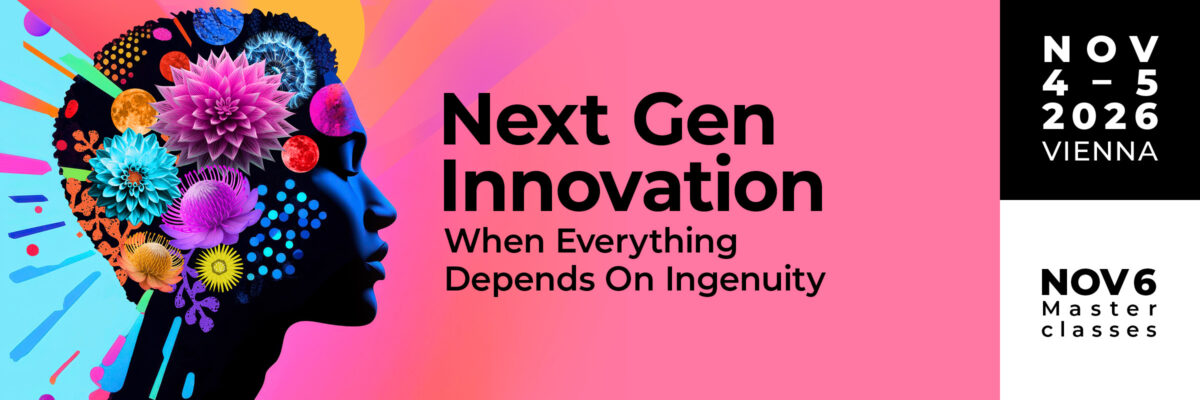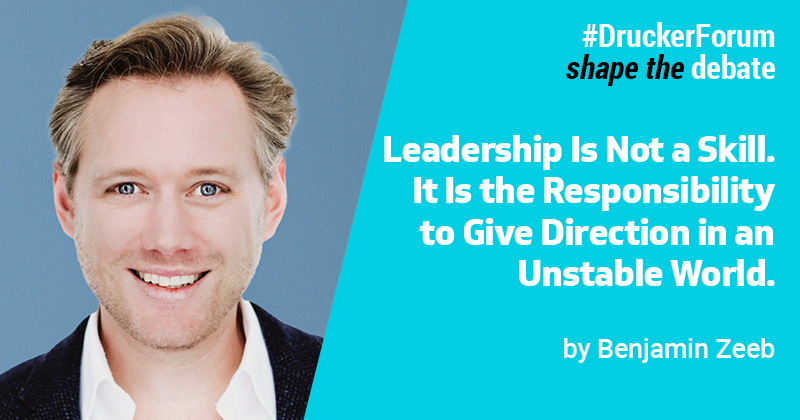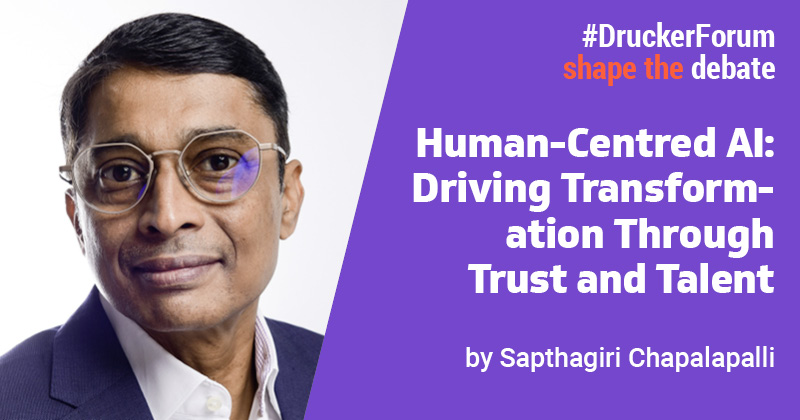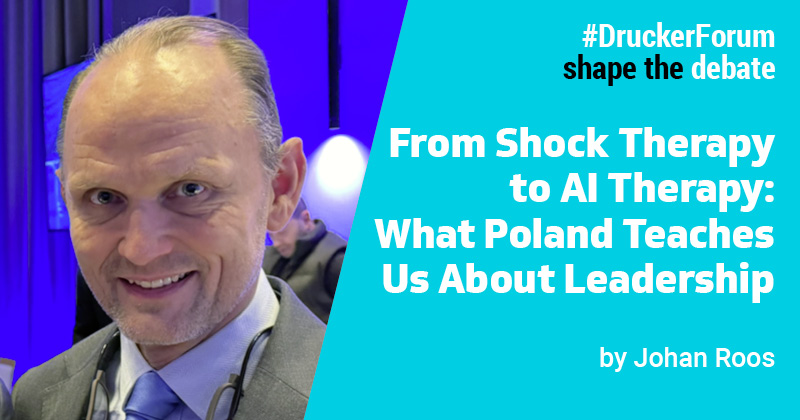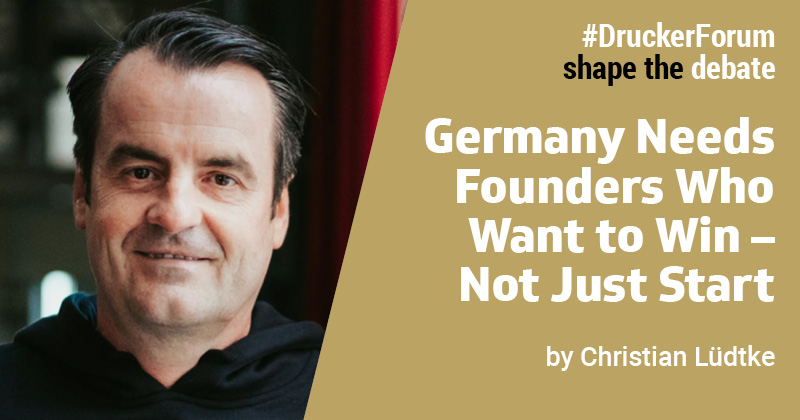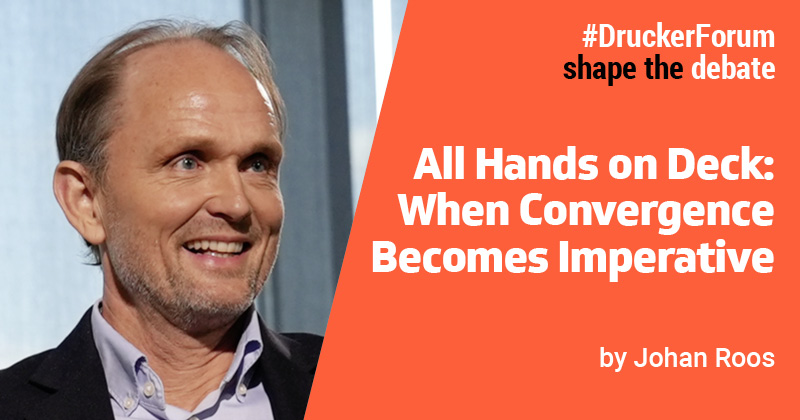Managers can influence employees’ daily motivation for the work by using a number of tools. Below, I list five of them (of course, this is not a comprehensive list). In terms of their effectiveness as management tools for influencing motivation, how would you order them, with 1 being the most effective and 5 being the least effective? […]
Continue reading

